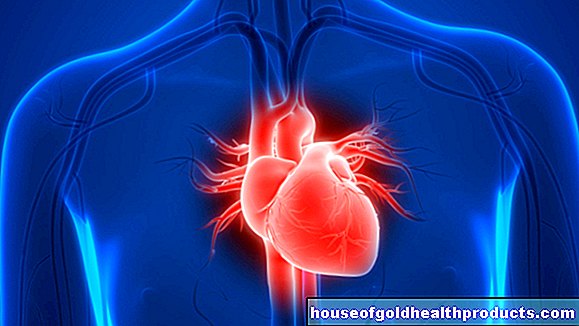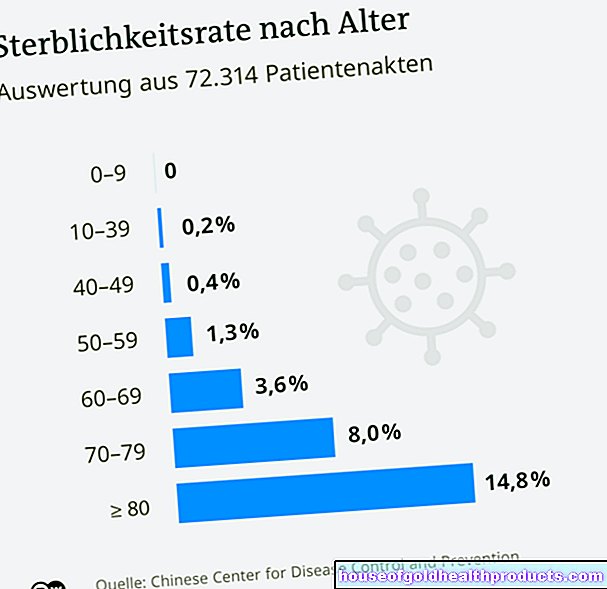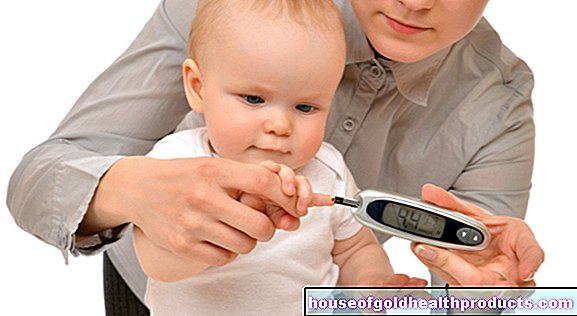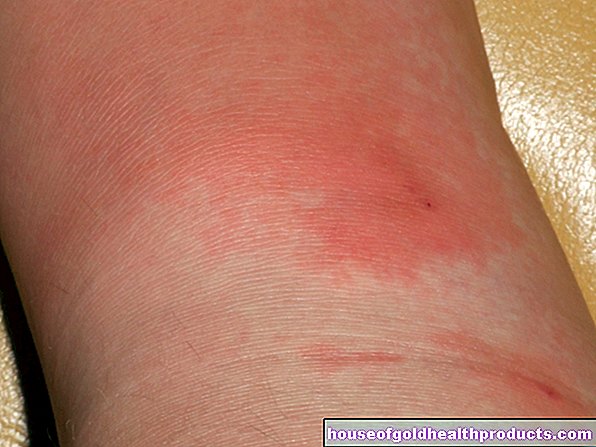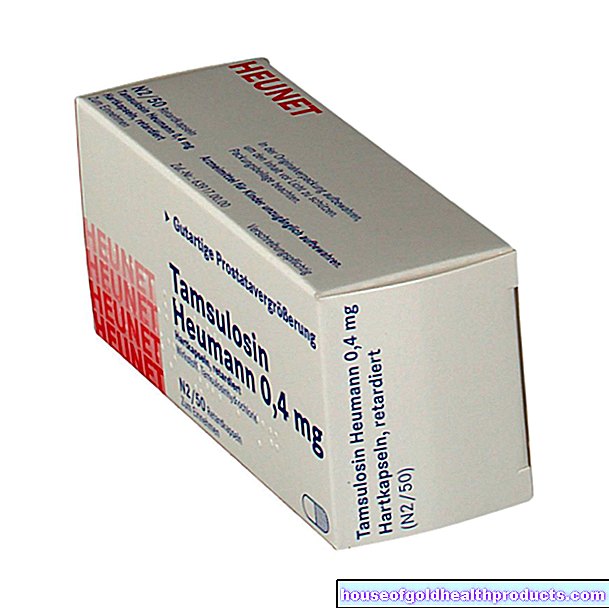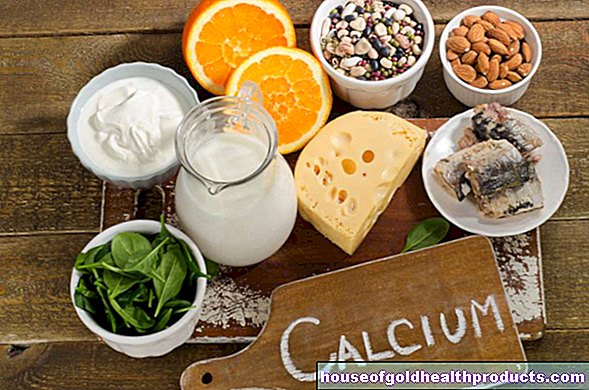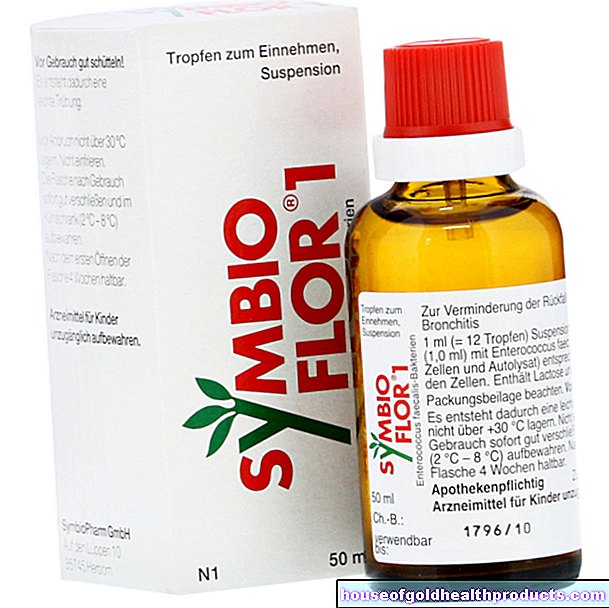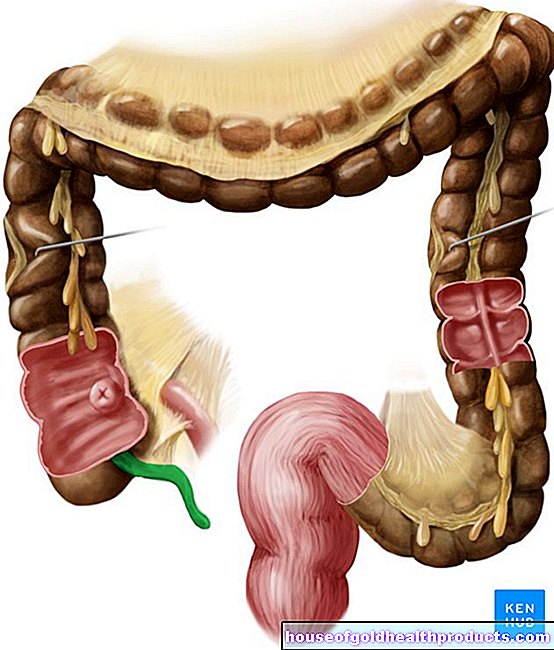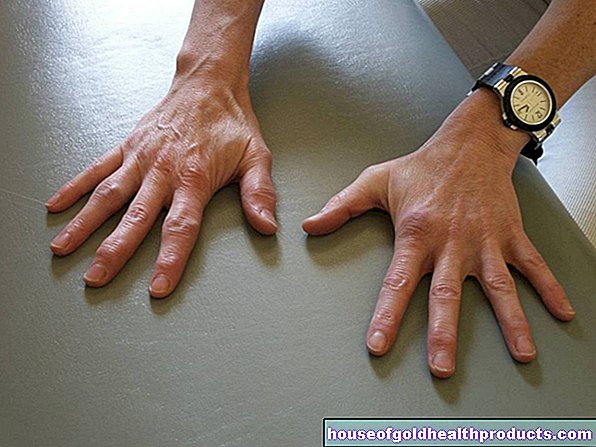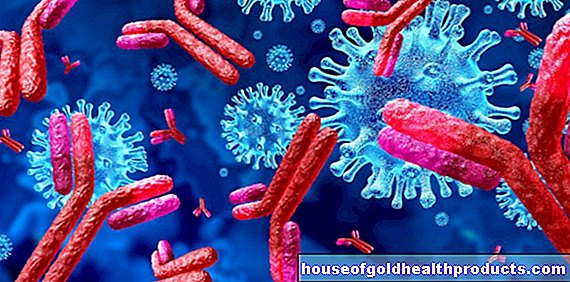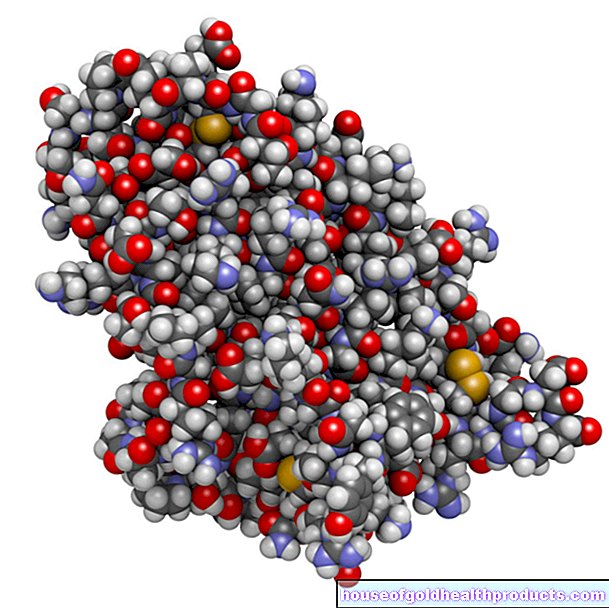Isotretinoin
Updated on All content is checked by medical journalists.The active ingredient isotretinoin is one of the most important drugs for acne. It was approved in the USA in 1982 and is still used successfully in acne therapy today. Isotretinoin can be used internally and externally and is generally very effective. However, pregnant and breastfeeding women must not take the active ingredient under any circumstances. Here you can read everything you need to know about isotretinoin.
This is how isotretinoin works
Isotretinoin is mostly taken by mouth (orally). It reduces the formation of sebum (sebostatic effect), has an anti-inflammatory effect (anti-inflammatory) and against blackheads (anti-comedogenic).
The active ingredient is a so-called retinoid, i.e. a natural derivative of vitamin A (collective term for several compounds with a similar effect in the body, e.g. retinol).Among other things, the vitamin is important for the structure and regeneration of the skin.
In severe forms of acne, the pores become clogged due to increased activity of the sebum glands. These can then become inflamed, which leads to the typical purulent pimples and pustules in acne patients.
The supply of retinoids such as isotretinoin can help here: The active ingredients ensure increased cell growth in the upper layers of the skin (epidermis). The horny layer of the skin loosens and "peeling off" the epidermis is made easier. In addition, the function of the sebum glands is impaired, which means that the pores are less clogged. Overall, the skin is cleansed from the inside out, the complexion is refined and there are fewer impurities.
In the first two weeks of treatment, the skin's appearance often deteriorates due to the inflammatory transformation of the skin. Then the skin begins to regenerate slowly and steadily.
Uptake, breakdown and excretion
After oral intake, the active ingredient isotretinoin is only partially absorbed from the intestine into the blood (around 25 percent). Absorption can be improved by taking it with a fatty meal.
The active ingredient is then broken down in the liver. The breakdown products are excreted in roughly equal parts in the urine and in the stool.
When used on the skin, for example in the form of a gel, only a small amount of the active ingredient gets into the blood. The effect is practically localized, which means that there are fewer side effects.
When is isotretinoin used?
The areas of application (indications) for isotretinoin include moderate to severe forms of acne that have not responded adequately to other therapeutic measures. Depending on the severity of the disease, the active ingredient is used externally or internally. Isotretinoin may be used at an early stage, especially if there is discernible scarring.
Isotretinoin is sometimes used for other skin diseases such as rosacaea (copper rose). However, it is not approved for this type of application (off-label use).
This is how isotretinoin is used
In the case of milder forms of acne, one tries first with an external application in the form of an isotretinoin cream or a gel. The preparation is usually applied thinly to the affected skin areas once or twice a day.
In severe cases of illness, isotretinoin is swallowed in the form of soft capsules. The daily dose is usually 0.5 to 1 milligram per kilogram of body weight. A patient weighing 70 kilograms would therefore take between 35 and 70 milligrams of isotretinoin daily.
For better tolerability, the active ingredient should be taken with food.
What are the side effects of isotretinoin?
Very often, i.e. in more than ten percent of those treated, isotretinoin causes side effects such as dry skin and eyes, allergic skin reactions and back pain.
In very rare cases, ingestion can lead to behavioral problems, visual disturbances, deterioration in hearing, respiratory diseases and gastrointestinal complaints. Muscle pain is also possible. Isotretinoin also increases the skin's sensitivity to sunlight and UV light (photosensitization).
Ensure adequate UV protection during therapy with isotretinoin.
What should be considered when using isotretinoin?
Contraindications
Medicines containing isotretinoin should not be used in the following cases:
- pregnancy and breast feeding period
- Combination with tetracyclines (group of antibiotics)
- Liver dysfunction
- Overdose with vitamin A.
- severely increased blood lipid levels
Interactions
Medicines containing isotretinoin must not be used together with other vitamin A preparations, otherwise there is a risk of overdosing.
Taking together with non-steroidal anti-inflammatory drugs (NSAIDs such as ibuprofen, diclofenac, naproxen) or ciclosporin (immunosuppressant) increases the effects and side effects of isotretinoin.
Isotretinoin promotes the toxicity (toxicity) of barbiturates (e.g. phenobarbital) and phenytoin (anti-epileptic). In combination with methotrexate (e.g. for rheumatism and cancer) its liver-damaging effect can increase.
Experts recommend avoiding alcohol while on isotretinoin treatment.
Driving and using machines
In rare cases, night blindness and drowsiness may occur when taking isotretinoin. Therefore, especially at the beginning of therapy, you should pay attention to the individual reaction to the active ingredient before actively driving or operating heavy machinery.
Age restrictions
The active ingredient isotretinoin may only be used from the age of 12 years.
pregnancy and breast feeding period
Isotretinoin is absolutely contraindicated during pregnancy and breastfeeding and should be discontinued at least four weeks before a planned pregnancy. The reason:
The active ingredient can cause great harm to unborn babies. It is therefore imperative that patients use at least one safe method of contraception during treatment.
It is also recommended that women of childbearing potential take a pregnancy test before starting treatment and once a month during treatment. The result must be documented by the attending physician.
For isotretinoin treatment in male patients: There is practically no active ingredient to be found in the sperm, which is why a harmful effect on the unborn child in unprotected sexual intercourse can presumably be ruled out.
How to get isotretinoin medication
Medicines with isotretinoin require a prescription in Germany, Austria and Switzerland because the treatment requires regular medical check-ups. You can therefore only get them with a prescription from the doctor in the pharmacy.
In Austria - in contrast to Germany and Switzerland - there are currently (as of: 02.07.2021) no local preparations (e.g. cream, gel) on the market.
Since when has isotretinoin been known?
The active ingredient isotretinoin was approved for the first time in the USA in 1982. Its teratogenic effect was already known at this point in time.
It is assumed that isotretinoin is even more "teratogenic" than thalidomide. This active ingredient was used in the 1950s and 60s under the brand name "Contergan" as a sleeping and sedative, which ultimately led to the "Contergan scandal":
Many pregnant women who took the drug gave birth to children with severe birth defects. Since then, tests have been required before a new active ingredient is approved to check the effects of ingestion on the unborn child.
Another thing you should know about isotretinoin
Treatment with isotretinoin may initially make the symptoms of acne worse (called "blooming" acne). This indicates the effectiveness of the drug. However, if therapy with isotretinoin is continued, the symptoms improve quickly.
Tags: toadstool poison plants news dental care